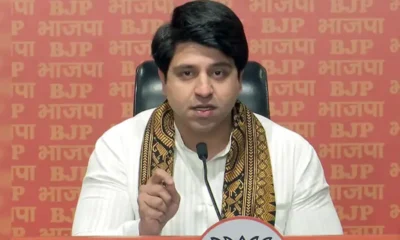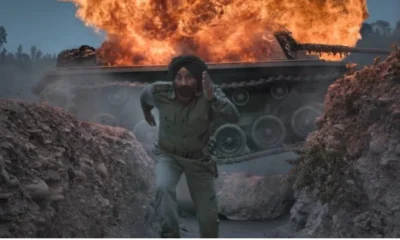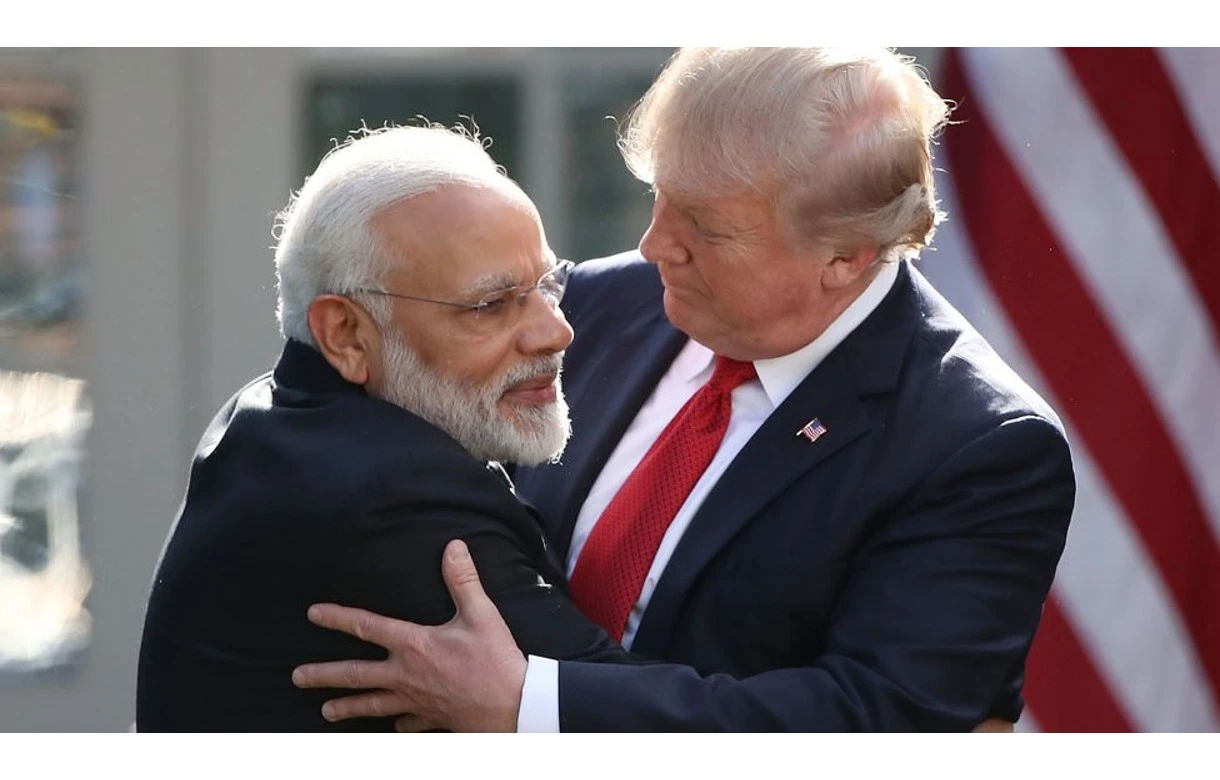Latest world news
Firing at Cascade Mall, Washington

Latest world news
Moscow says no word from India on stopping Russian oil purchases
Russia says it has received no confirmation from India on stopping Russian oil purchases, despite Donald Trump’s claim that the move was part of a new India-US trade deal.
India News
Markets surge as Nifty jumps 750 points after India-US trade deal
Indian equity markets rallied sharply with Nifty and Sensex posting strong gains after the India-US trade agreement announcement.
Latest world news
Trump announces trade deal with India, claims New Delhi will stop buying Russian oil
Donald Trump announces a trade deal with India, reducing US tariffs to 18 per cent and claiming New Delhi will halt Russian oil purchases.
-

 India News23 hours ago
India News23 hours agoRahul Gandhi, Centre clash over Ladakh deepens as eight Congress MPs suspended
-

 India News24 hours ago
India News24 hours agoMamata Banerjee alleges mass voter deletions in Bengal, targets Election Commission
-

 India News8 hours ago
India News8 hours agoThree sisters die after jumping from ninth floor in Ghaziabad
-

 India News7 hours ago
India News7 hours agoBJP spokesperson Shehzad Poonawalla’s mother injured in hit-and-run incident in Pune
-

 Latest world news7 hours ago
Latest world news7 hours agoMoscow says no word from India on stopping Russian oil purchases
-

 India News8 hours ago
India News8 hours agoUS tariff cut to 18% is positive signal for Indian exporters, says Sitharaman
-

 Entertainment4 hours ago
Entertainment4 hours agoBorder 2 box office collection day 12 crosses Rs 286 crore, eyes Rs 300 crore milestone
-

 India News47 mins ago
India News47 mins agoPresident’s Rule revoked in Manipur as NDA set to form new government










